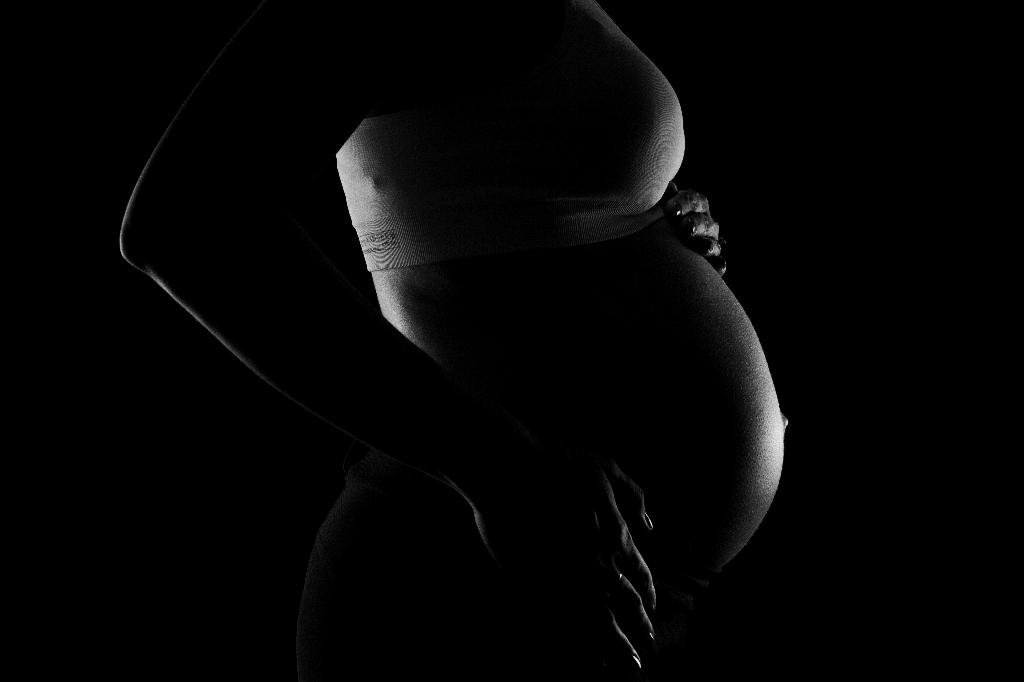Experiencing body aches during pregnancy is a common occurrence for many women, and it can be particularly prevalent around the 12-week mark. The combination of physical changes in your body and the hormonal fluctuations that come with pregnancy can contribute to these discomforts.
Physical Changes During Pregnancy
At 12 weeks pregnant, your body is undergoing significant changes to accommodate the growing life inside you. Your expanding uterus puts pressure on various muscles and joints, leading to aches and pains. Additionally, the hormonal shifts in your body can cause your ligaments to loosen, further contributing to discomfort.
Common Types of Body Aches
During the first trimester of pregnancy, it is not uncommon to experience general body aches that can affect different areas of your body. These may include back pain, pelvic pain, and muscle soreness. The intensity of these aches can vary from mild to more severe, depending on individual factors.
Consulting Your Healthcare Provider
While experiencing body aches during pregnancy is normal, it is essential to communicate any concerns or discomforts with your healthcare provider. They can provide personalized advice and ensure that the aches you are experiencing are within the expected range for your stage of pregnancy.
Practical Tips for Alleviating Body Aches
There are several strategies you can adopt to help alleviate body aches during pregnancy. Engaging in gentle exercise, such as prenatal yoga or walking, can help strengthen your muscles and improve flexibility. Additionally, practicing good posture and using supportive pillows while sleeping can reduce strain on your body.
Relaxation Techniques
Exploring relaxation techniques, such as prenatal massage or meditation, can also be beneficial in relieving body aches and promoting overall well-being during pregnancy. Taking time to rest and unwind can help reduce stress levels and alleviate tension in your muscles.
Hydration and Nutrition
Staying hydrated and maintaining a balanced diet rich in nutrients can play a crucial role in managing body aches during pregnancy. Adequate hydration and proper nutrition can support muscle function and overall health, potentially reducing the intensity of aches and pains.
Supportive Clothing and Footwear
Wearing comfortable, supportive clothing and footwear can also contribute to reducing body aches. Opting for maternity wear that provides adequate support to your growing belly and choosing shoes with good arch support can help alleviate strain on your body.
Importance of Self-Care
During pregnancy, prioritizing self-care is essential for your physical and emotional well-being. Taking time for activities that bring you joy, practicing relaxation techniques, and seeking support from loved ones can all contribute to managing body aches and promoting a positive pregnancy experience.
Monitoring Your Symptoms
While occasional body aches are common during pregnancy, it is essential to monitor your symptoms and seek medical attention if you experience persistent or severe discomfort. Your healthcare provider can assess your condition and provide appropriate guidance to address any concerns you may have.
Embracing the Journey
Each pregnancy journey is unique, and experiencing body aches at 12 weeks pregnant is a normal part of this transformative process. By understanding the causes of these discomforts and implementing practical strategies to alleviate them, you can navigate this stage with greater ease and comfort.
Final Thoughts
Remember that caring for your body and prioritizing your well-being during pregnancy is crucial for both you and your growing baby. By listening to your body, seeking support when needed, and practicing self-care, you can manage body aches effectively and embrace the joys of pregnancy with confidence.

